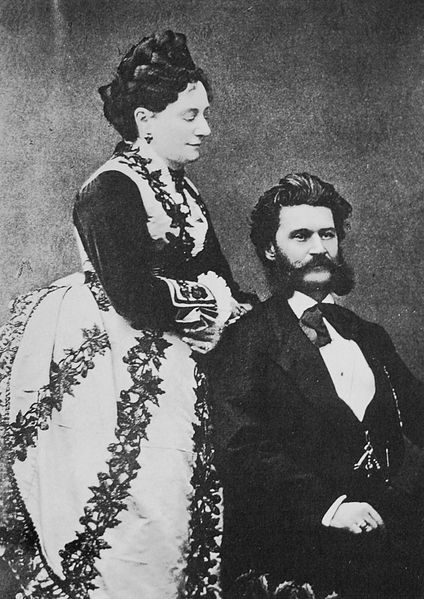John Groves
LondonTheatre1.com
1 March, 2021
Die Fledermaus Zuhaus (The Bat At Home) is an abridged version of Johann Strauss’s Die Fledermaus developed during the various lockdowns in the past twelve months, showcasing 35 young professional singers and musicians from all over the globe, most of whom have never met, and who certainly do not share the same first language. But they have one thing in common: work has been very thin on the ground recently! The result is available on YouTube in return for a voluntary donation to Sweet Relief’s Covid-19 fund, a charity supporting artists affected by the pandemic.
The director of this epic production is Alex Kirstukas who wisely decided that the operetta should be sung in the original German, with English subtitles. He also jettisoned the dialogue in favour of narration spoken by the Co-Musical Director Jonathan Tilley, who also sings Dr. Falke.
Each singing participant rehearsed and prepared their role at home, under clear, often imaginative, guidance before recording it – difficult enough in a solo, but seemingly impossible when, for example, a trio is being sung and the participants are supposed to be in the same room singing and reacting to each other. On YouTube this is continually amusing as we see each singer on a different screen, supposedly in the same room, when in fact they are in reality thousands of miles apart.
Die Fledermaus is perhaps ideal for this type of presentation as the chorus does not appear in Act One, but when we see them in Act Two each has a screen to him/herself. There are eleven of them, plus the rest of the cast by the end of the act!
Standards of presentation vary slightly, for example Megan Strachan as Dr. Blind seems under-recorded. But once one has got used to the many-screen style one has to make very few allowances, and can just admire and enjoy the whole concept.
Kristina Krawec makes a superb Adele, one that I should very much like to see and hear in the theatre. Not only can she act subtly, she possesses a superb coloratura soprano that lifts the production every time she sings. She has been very busy as she is also the co-musical director.

A portrait of Jetty and Johann Strauss.
Rui Ma is a commanding Eisenstein, not just singing the role but being totally convincing and having a commanding presence.
Alex Carpenter as the ‘opera singer’ Alfred, in love with Rosalinda, perhaps lacks the ringing top notes the role requires but looks the embodiment of the role, especially as, for a change, he does not sing offstage, but can be seen in the rose garden singing through an open window.
Other singers that impress are Catrina Poor as Orlofsky and Nadege Meden as Rosalinda.
The operetta is accompanied by a variety of five pianists, all of whom do sterling work, especially during the overture when it sounds as if all five are contributing to the fun.
When one stops to consider the logistics of this socially distanced production one cannot but admire the imagination of all those who conceived it, but especially for Louis Dutton, the technical director, and his team who put the whole melange together, ensuring that the result is of a high standard, and moreover most entertaining to watch.
Highly recommended viewing and listening to all who enjoy something just that bit different.
